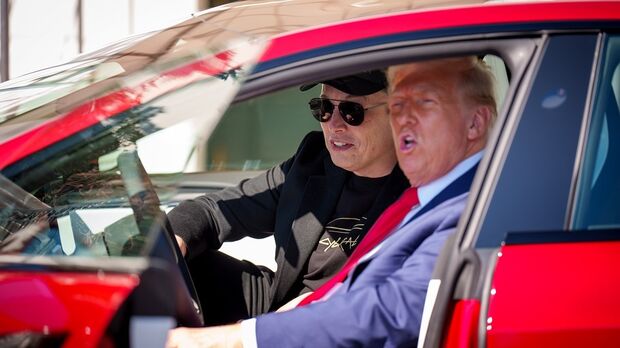Tesla shares slid this week amid renewed tensions between Donald Trump and Elon Musk, underscoring how personal politics can ripple through public markets. The falling out, marked by sharply worded social media posts and political distancing, appears to be souring investor sentiment around Tesla and its high-profile CEO.
The once-curious alliance between Trump and Musk had offered both men strategic advantages: Musk benefitted from deregulation during Trump’s presidency, while Trump relished support from a tech icon. But as the 2024 U.S. election cycle intensifies, ideological fault lines have grown deeper. Musk, who once declared himself a “free speech absolutist” and made overtures to conservative voters through his stewardship of X (formerly Twitter), has increasingly distanced himself from Trump’s brand of populism. Trump, in turn, reportedly feels slighted by what sources close to his campaign describe as “Musk’s political hedging.”
The market reaction was immediate. Tesla stock dropped over 4% in two days following headlines about the rift, erasing nearly $25 billion in market value. Analysts suggest the feud may be damaging Tesla’s standing with right-leaning investors and Trump-aligned retail traders—an audience that had, in recent years, become vocal supporters of Musk’s ventures.
For Musk personally, the implications are far from negligible. As Tesla’s largest shareholder, a 4% drop translates to a paper loss of approximately $4.5 billion for the billionaire. His broader empire, including SpaceX and X, remains privately held and thus insulated from stock volatility, but concerns are rising about Musk’s growing political entanglements and the reputational risks they pose to his companies.
Some institutional investors are reportedly uneasy. “The stock is becoming more about Elon than Tesla,” one fund manager said, pointing to the distractions of ongoing political commentary, platform moderation battles on X, and now public feuding with a former U.S. president. While Musk’s defenders argue that his iconoclastic style is baked into Tesla’s valuation, others warn it may soon become a discount rather than a premium.
With Trump continuing to court Silicon Valley donors and Musk turning more inward to focus on AI and Mars colonisation, their split may be final. But for shareholders, the fallout is tangible. Tesla remains a global EV leader, yet its short-term trajectory may now hinge less on product innovation and more on the political performance of its CEO.
As 2025 unfolds, the convergence of tech, politics, and personality continues to challenge traditional investment models. For Tesla investors, the question is no longer just about batteries and self-driving cars, but also about the company’s proximity to the cultural and political storm surrounding Elon Musk himself.
newshub finance



Recent Comments